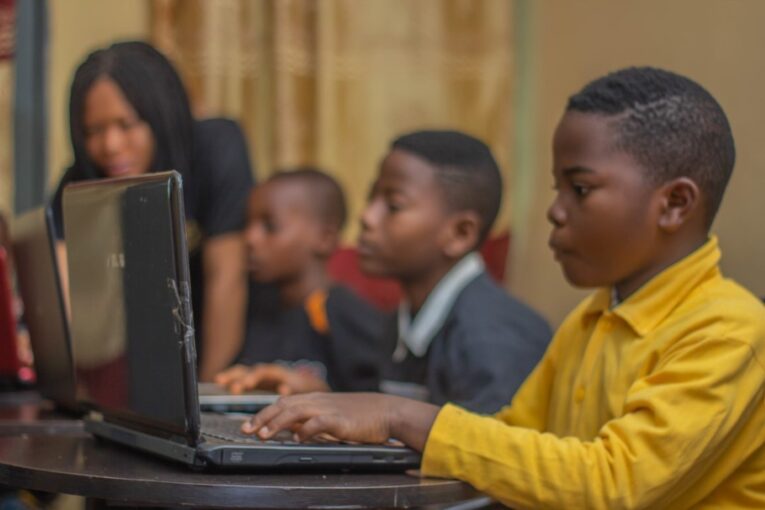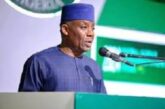
The federal government has assured that it will integrate technology into the nation’s educational infrastructure to address human capacity and resource challenges, improve learning outcomes, and drive change in the country.
The Vice President noted that with the evolving global technological landscape, the administration of President Bola Ahmed Tinubu will harness all the available opportunities to add value to the country.
Speaking on Wednesday during a meeting with the World Bank Nigeria team at the Presidential Villa Abuja, VP Shettima assured that President Tinubu is committed to driving change in the country.
According to a statement issued by Senior Special Assistant to the President on Media and Information, Office of the Vice President, Stanley Nkwocha, Shettima said: “Be rest assured that where there is a will, there is always a way. Change is a very painful percolation process. But I know we will get out of this very soon and be on the path of sustained growth,” he said.
Senator Shettima referenced India’s success in using KYAN smart class solutions to teach students in rural areas, suggesting that similar innovations could revolutionise Nigeria’s education system.
“In India, Kyan technology is used to teach 50,000 pupils in rural and impoverished areas. I believe technology will help us upgrade our education system significantly,” he noted.
The Vice President called for a holistic approach to education reform, including improving infrastructure, teacher training, and the implementation of technology.
“We need a comprehensive plan to address the gaps in our education system as quickly as possible. We must not allow these challenges to persist. The federal government is committed to making the necessary changes, but we need the cooperation of all stakeholders, including state governors, to drive this transformation forward,” VP Shettima said.
Earlier during their presentation on Opportunities for Prosperity and Equity in Nigeria’s Human Capital, the leader of the team and World Bank’s Country Director for Nigeria, Dr. Ndiamé Diop, outlined their focus on improving governance, health, and education across the 36 states of the federation and the Federal Capital Territory (FCT).
The projects, HOPE – Governance, HOPE Primary Health Care, and HOPE Basic Education, are part of a broader push to reform governance processes, primary healthcare, and education, with an emphasis on human capital development.
“We are working to reinvigorate governance, primary healthcare, and education facilities across the country,” Diop said.
He added that all the HOPE series interdependent operations are result-based financing (programme for results), with results primarily at the sub-national levels.
One of the core components of the initiative, he explained, is the use of technology to enhance service delivery, both in healthcare and education.
Diop continued: “Digital health tools will be vital in managing patient records and ensuring follow-up care. We’re looking at leveraging the use of AI and other technologies to streamline service delivery in underserved areas.
“The challenge is not just infrastructure but ensuring that skilled workers are in place to provide quality services. We need to reinvigorate our healthcare system and equip our teachers to ensure a better future for our children”.
Other World Bank representatives at the meeting included Operations Manager, Taimur Samad; Senior Health Specialist, Dr Ritgak Tilley-Gyado; Governance Specialist, Ikechukwu Nweje; Lead Governance Specialist, Deborah Isser and Senior Education Specialist, Dilip Parajuli.




